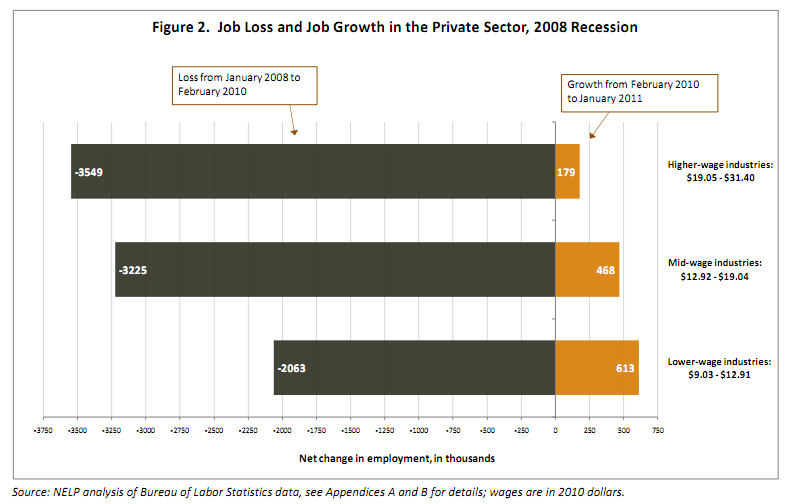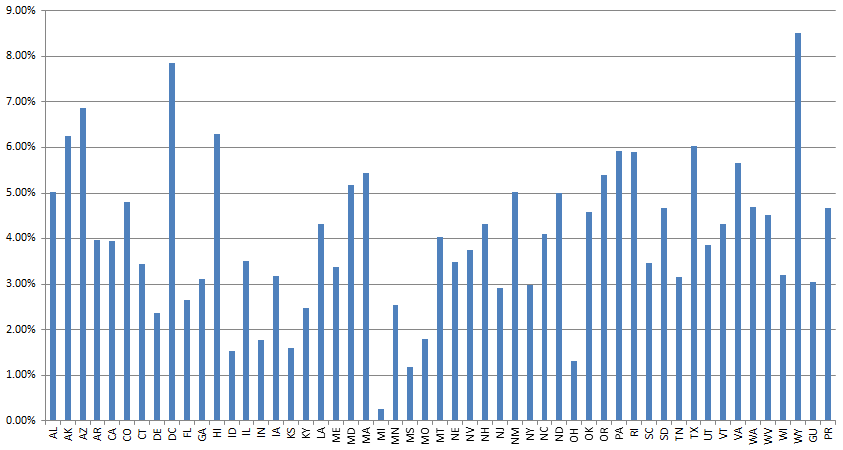scrimmage
What you contemplate you imitate
Re: Rick Perry jumps in, Tim Pawlenty bows out!

Productivity isn't wealth,someone can be productive and dig a hole,and another productive person can fill it,and not much wealth is created from the activity[unless it's done as performance art?].Wealth is created utilizing available resources,adding value to them,and having the finished result serve any kind of useful-to someone- function.
There are limits to almost everything.See this for example:
Oil Limits, Recession, and Bumping Against the Growth Ceiling
Posted by Gail the Actuary on August 17, 2011
More at:
http://www.theoildrum.com/node/8268
Problem is the free market doesn't remain free,participants learn how to game a no holds barred economic system to their advantage.Human nature trumps ideology.Is trading derivatives productive,wouldn't the capital involved be better used elsewhere.
The" free market" benefits from reallocated capital when it's used to benfit everyone like the pre-internet USPS which had to provide universal service,or the building of the interstate highway system.Sure mostly private capital built the railway system in the 1800's,but they had clear right of way provided by the U.S. military,use of government land,and cheap mostly immigrant labor to do the heavy lifting.Even so while the early investors made out like bandits,later investors were left holding the bag when the high cost of running a railroad caused many bankruptcies.Something similar happened in the 1990's with the companies who built the fiber optic network.
Most of the wealth being redistributed by all the governmental actions has been going to the top percentile assest class.There can't be any economic activity if government regulations, taxes and other political coercive wealth redistribution schemes are disincentivising productivity: wealth creation.
Where did most of the printed/borrowed money go to?While other states are busy fighting over and spreading existing wealth, Texas is maximizing its productivity attracting and harnessing human and investment capital creating new wealth. Productivity is wealth, and wealth by this definition is not a finite resource, so Texas prosperity has no limits . This is also why this insane Keynesian theory of dumping printed/borrowed money into an economy in the hopes of somehow creating economic prosperity is economic sodomy.
Productivity isn't wealth,someone can be productive and dig a hole,and another productive person can fill it,and not much wealth is created from the activity[unless it's done as performance art?].Wealth is created utilizing available resources,adding value to them,and having the finished result serve any kind of useful-to someone- function.
There are limits to almost everything.See this for example:
Oil Limits, Recession, and Bumping Against the Growth Ceiling
Posted by Gail the Actuary on August 17, 2011
More at:
http://www.theoildrum.com/node/8268
Wealth redistribution has absolutely no multiplier effect, because government is notoriously inefficient at reallocating capital. Government cannot create wealth without first taking it from someplace else. So socialism is always a zero-sum game, whereas free market capitalism is not because productivity is not a finite resources.
Problem is the free market doesn't remain free,participants learn how to game a no holds barred economic system to their advantage.Human nature trumps ideology.Is trading derivatives productive,wouldn't the capital involved be better used elsewhere.
The" free market" benefits from reallocated capital when it's used to benfit everyone like the pre-internet USPS which had to provide universal service,or the building of the interstate highway system.Sure mostly private capital built the railway system in the 1800's,but they had clear right of way provided by the U.S. military,use of government land,and cheap mostly immigrant labor to do the heavy lifting.Even so while the early investors made out like bandits,later investors were left holding the bag when the high cost of running a railroad caused many bankruptcies.Something similar happened in the 1990's with the companies who built the fiber optic network.






